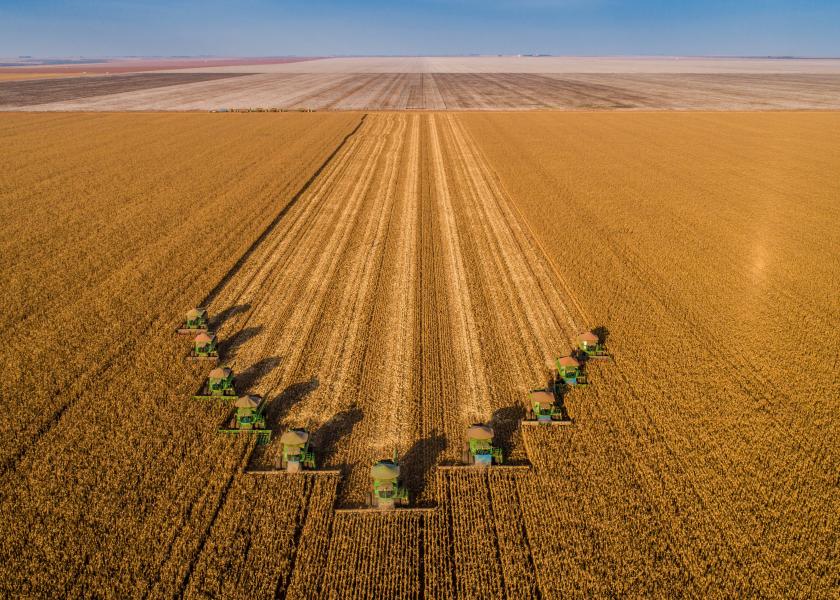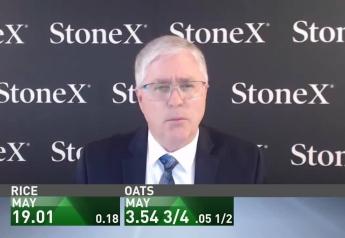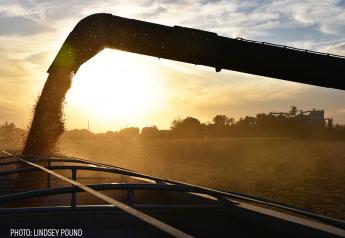Update on Mexico's GMO Corn Ban

Mexico continues to argue that its recent decree banning imports of genetically modified (GMO) corn for food use does not violate its commitments under the U.S.-Mexico-Canada Agreement (USMCA).
Mexico's Agriculture Minister Victor Villalobos stated that the issue is not suitable for the USMCA dispute resolution process. He argues that with the new decree, there is no longer any subject for debate in the ag terms.
Related story: Which States Would Feel the Effects of Mexico’s GMO Corn Ban?
In February, Mexico published a decree softening its stance. It still bans GMO corn for human consumption but permits yellow corn imports for livestock feed, which makes up most of what Mexico brings in from the United States.
“The issue of agriculture in bilateral terms, with this new decree, no longer has any topic for discussion,” Villalobos said in an interview with Mexican newspaper Milenio. “That potential threat (from the panel) existed before the second decree came out.”
The Biden administration has asked for technical consultations under USMCA about the decree, contending that although Mexico allows GMO corn for animal feed, the ban on GMO corn for food use contradicts Mexico's USMCA commitment to base biotechnology decisions on scientific evidence. The U.S. maintains that GMO corn is safe for both food and feed use.
Mexico claims that as it is self-sufficient in GMO corn for food use, the decree does not cause any trade issues with the U.S. However, the U.S. insists that Mexico's decision is not scientifically based and has dismissed Mexico's proposition to conduct a study on the safety of GMO corn for food use.
Related story: Mexico Says U.S. GMO Corn Will be Imported if it Passes a Test
USDA Secretary Tom Vilsack argues that there's no need for such a study as numerous studies already prove the safety of GMO corn for food and feed use.
Given the firm stances of both countries, it appears likely that this situation will lead to a USMCA dispute settlement action.







